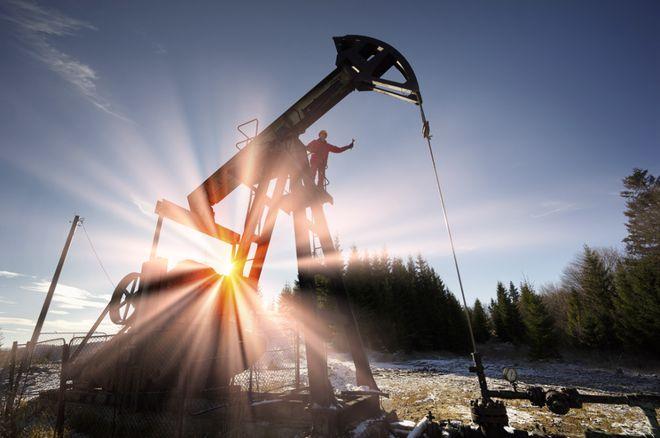Is Oil Still the World’s Energy Sweetheart?
(Is Oil A Popular Source Of Energy)
Think about the last time you filled your car with gas or boarded a plane. Chances are, oil played a role. For over a century, this black gold has been the backbone of global energy. But now, with climate change debates and green tech on the rise, does oil still hold its crown? Let’s dig into why this old-school energy source isn’t ready to retire just yet—and why its future is anything but simple.
Oil’s story starts in the 1800s. Back then, whale oil lit lamps, and coal powered factories. Then came oil. It burned cleaner than coal and was easier to transport than whale blubber. Cars, planes, and factories adopted it fast. By the 1950s, oil was the star of the global economy. Today, it still supplies roughly 31% of the world’s energy. That’s more than coal, natural gas, or renewables. From gasoline to plastics, oil’s fingerprints are everywhere.
So why do we stick with it? First, oil is energy-dense. A small amount packs a big punch. This makes it perfect for cars, trucks, and jets. Electric batteries can’t yet match the range or speed of refueling that oil offers. Second, oil infrastructure is everywhere. Pipelines, refineries, and gas stations form a massive network. Switching to something new would take decades and trillions of dollars. Third, oil is flexible. It’s not just fuel. It’s in asphalt, fertilizers, cosmetics, and even your smartphone case. No other energy source doubles as a raw material for so many products.
But oil has flaws. Burning it releases carbon dioxide, a key driver of climate change. Air pollution from vehicles harms health, especially in crowded cities. Oil spills, like the Deepwater Horizon disaster, wreck ecosystems. Plus, oil prices swing wildly. Wars, politics, or even a tweet can send costs soaring. Countries reliant on oil exports—think Saudi Arabia or Venezuela—face boom-and-bust cycles that destabilize economies.
Renewables are oil’s new rivals. Solar and wind power are cheaper than ever. Electric cars are gaining fans. Governments are pushing green deals. The European Union plans to cut greenhouse gas emissions by 55% by 2030. The U.S. aims for net-zero emissions by 2050. These goals threaten oil’s dominance. Even big oil companies are hedging their bets. BP invests in wind farms. Shell dabbles in hydrogen.
Still, oil isn’t bowing out. Demand in Asia and Africa keeps growing. Developing nations need cheap, reliable energy to industrialize. Electric cars are trendy, but over a billion gas-powered vehicles still rule the roads. Jets and cargo ships can’t easily switch to batteries. Plus, plastics demand keeps rising. Until recycling evolves, oil will stay tied to our throwaway culture.
(Is Oil A Popular Source Of Energy)
The real issue isn’t just oil’s popularity. It’s the tension between what’s easy and what’s necessary. Oil works—for now. But climate deadlines loom. Clean tech needs more time to scale. Geopolitics add more twists. One thing’s clear: the world’s energy diet is changing. Oil might not be the sweetheart forever, but breaking up is hard to do.
Inquiry us
if you want to want to know more, please feel free to contact us. (nanotrun@yahoo.com)




